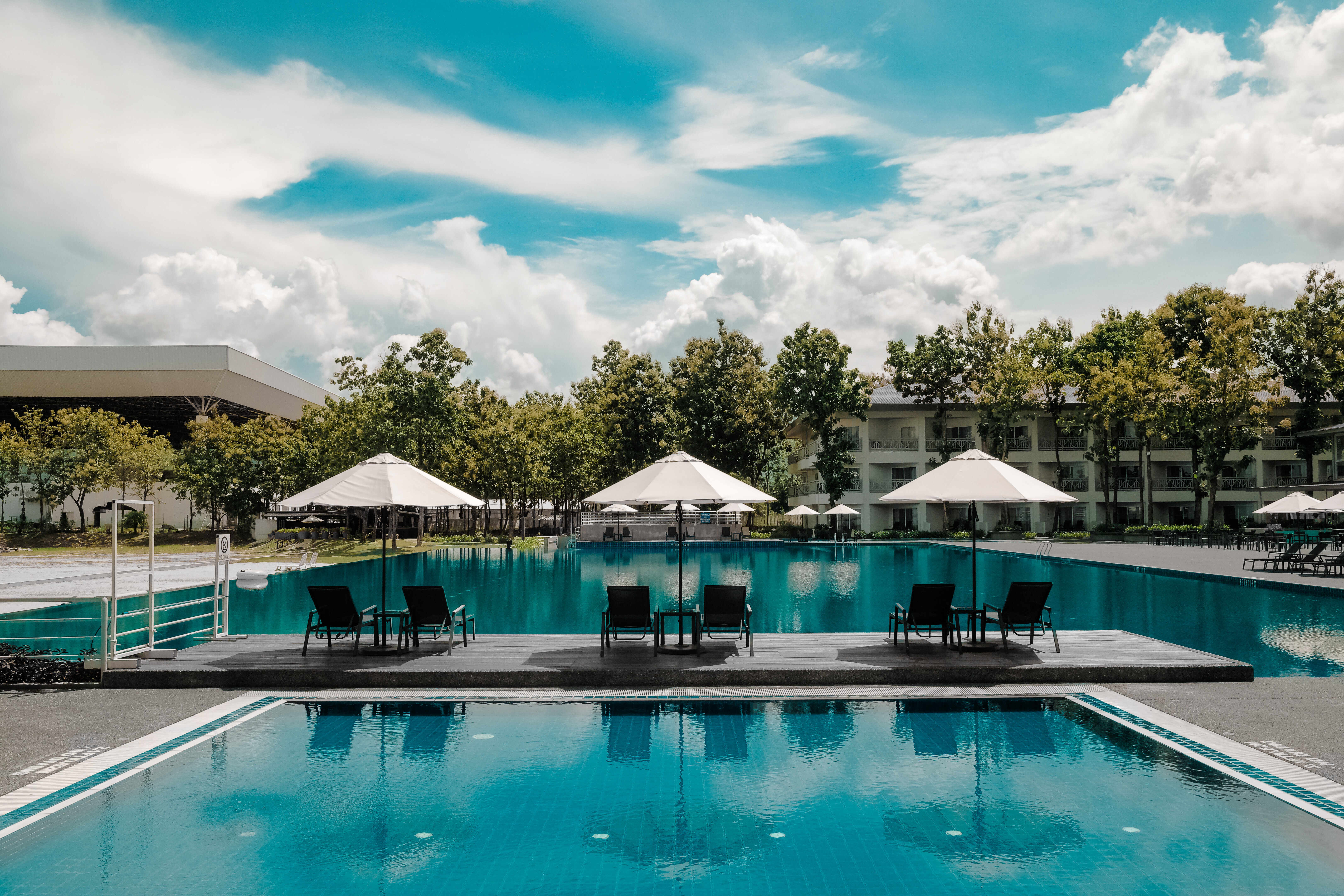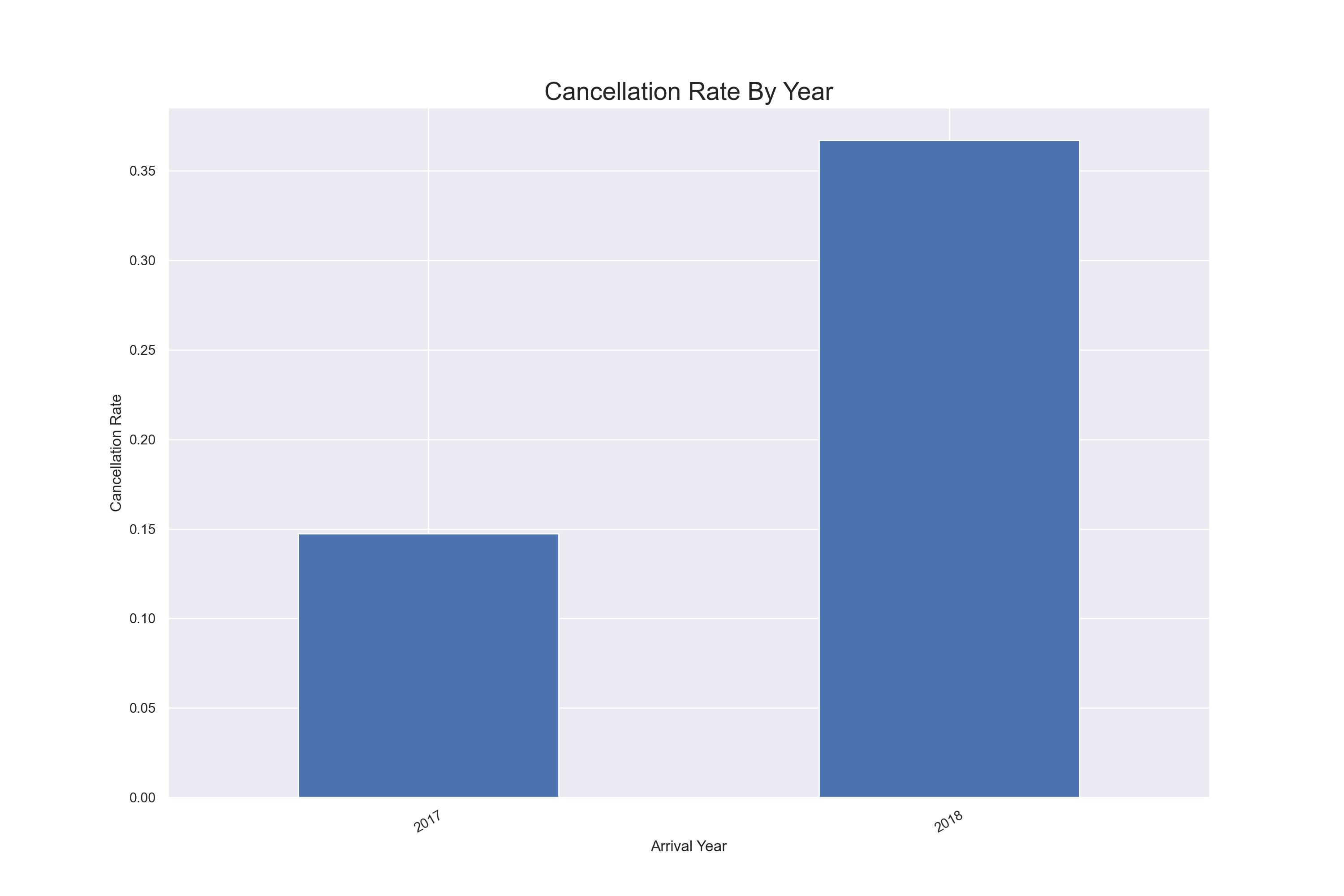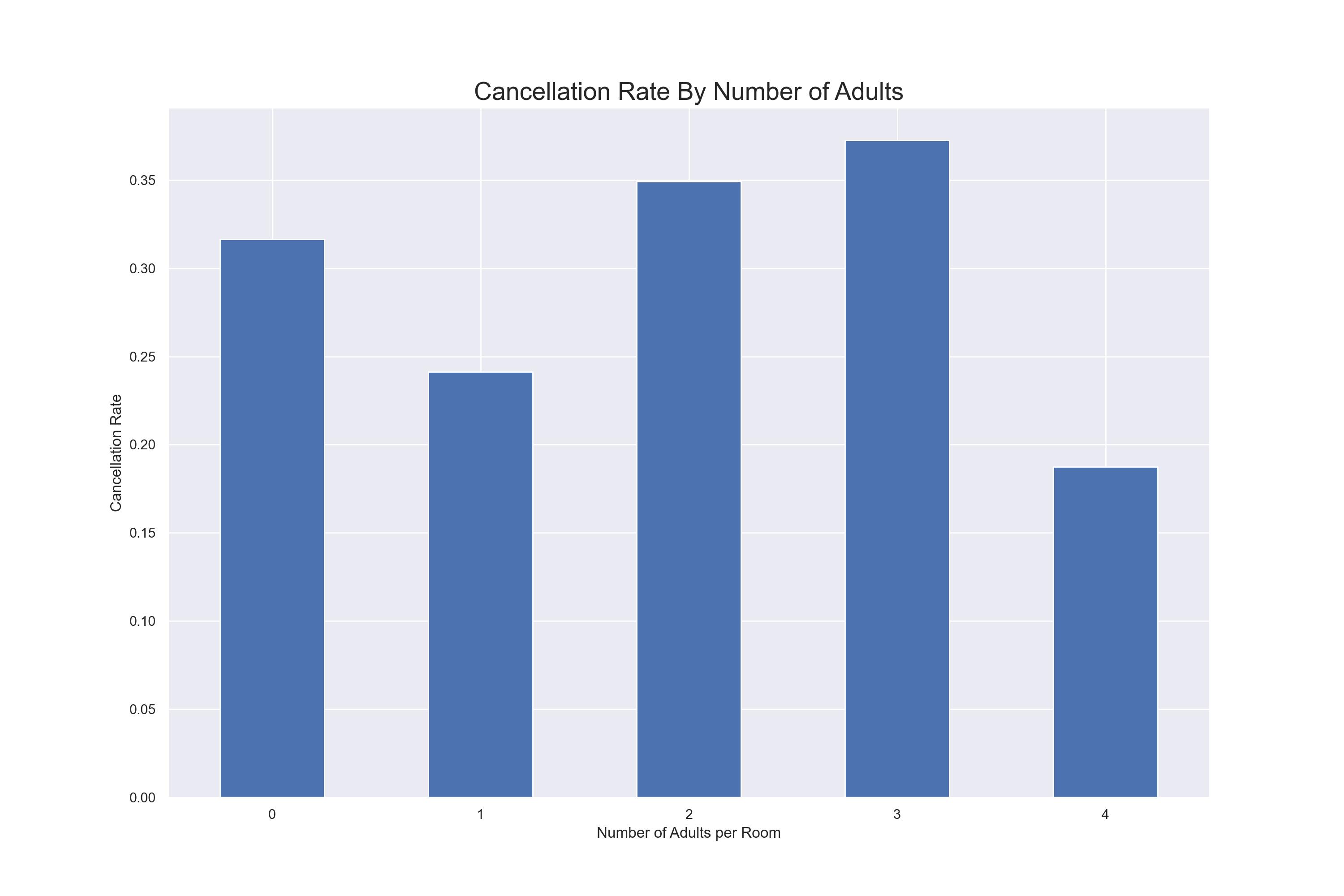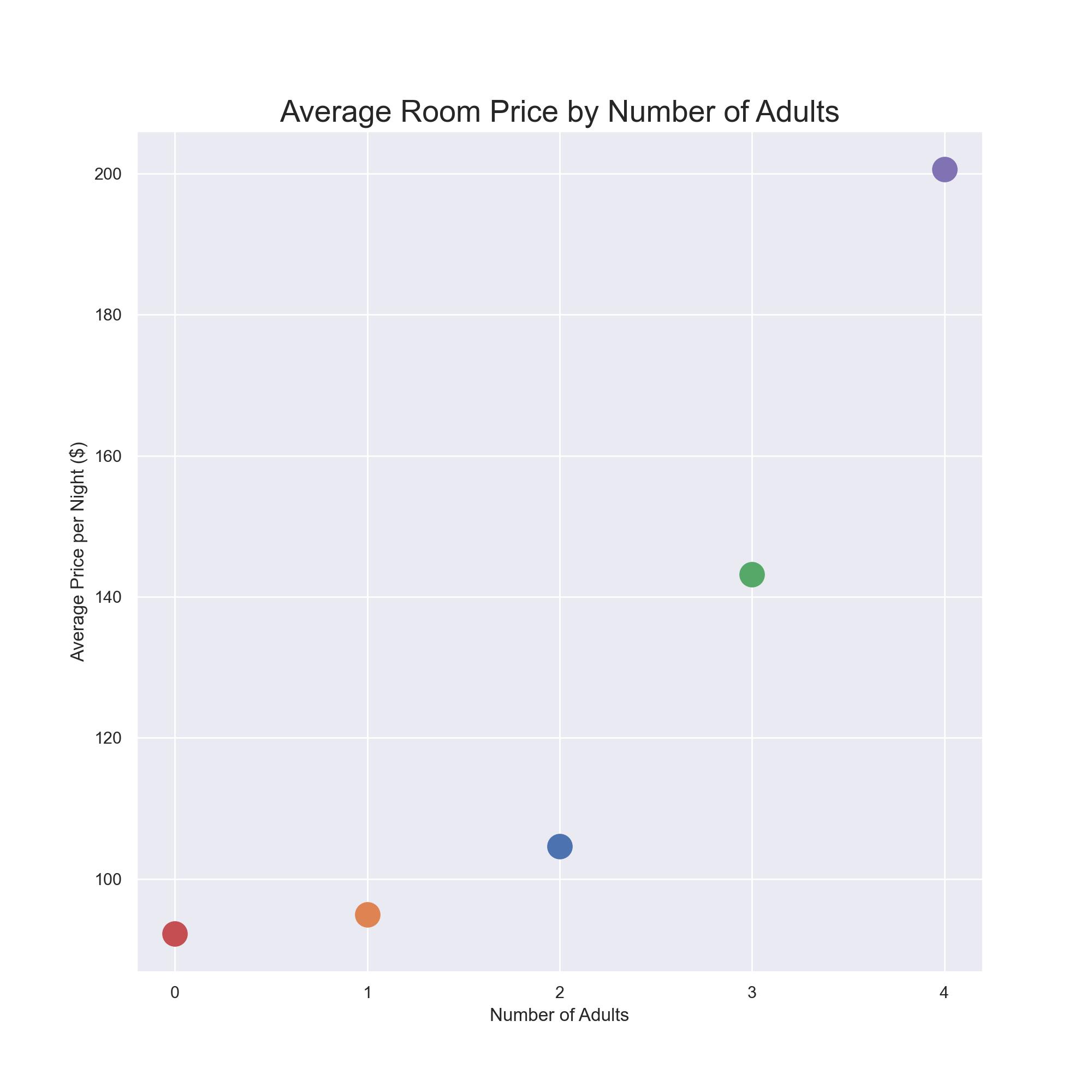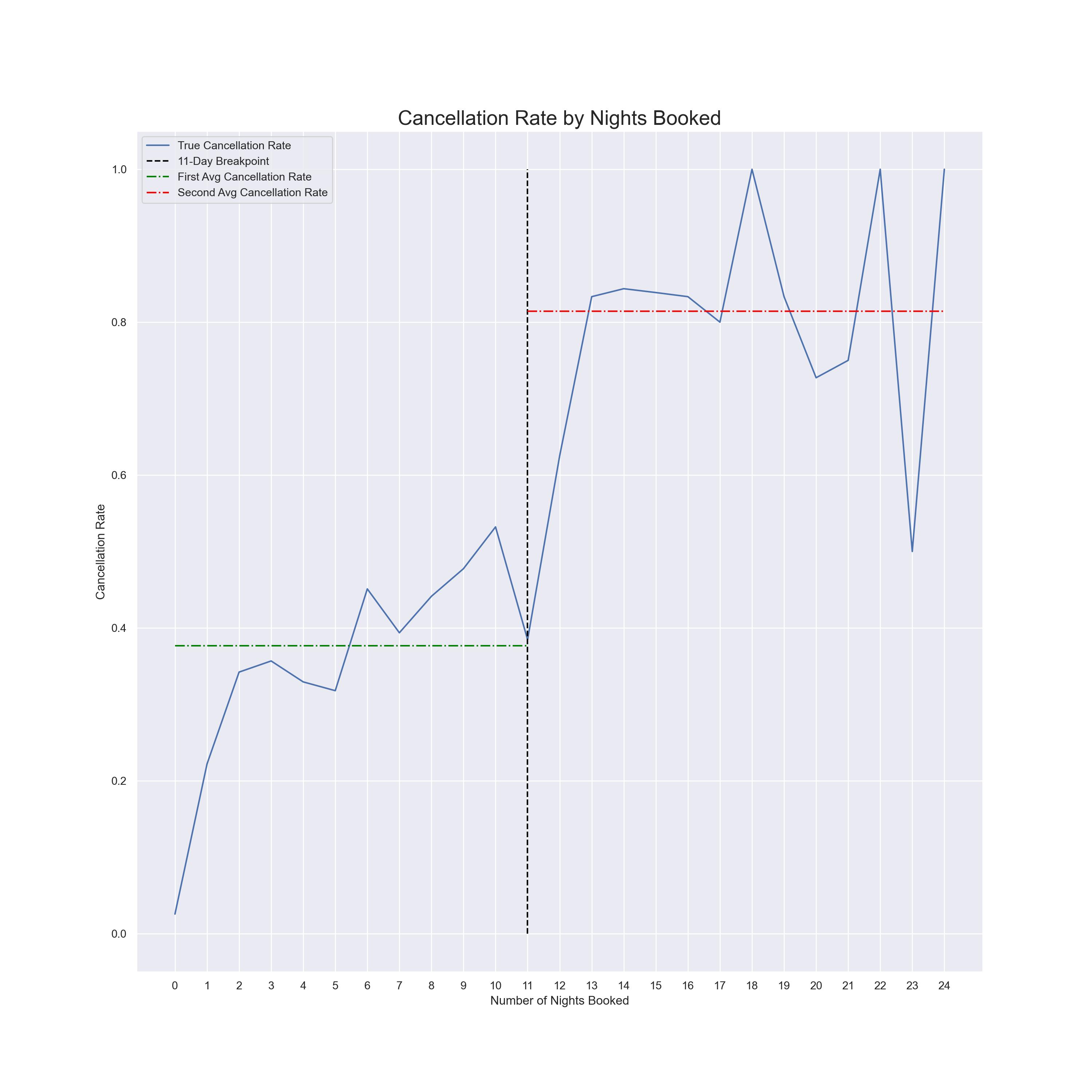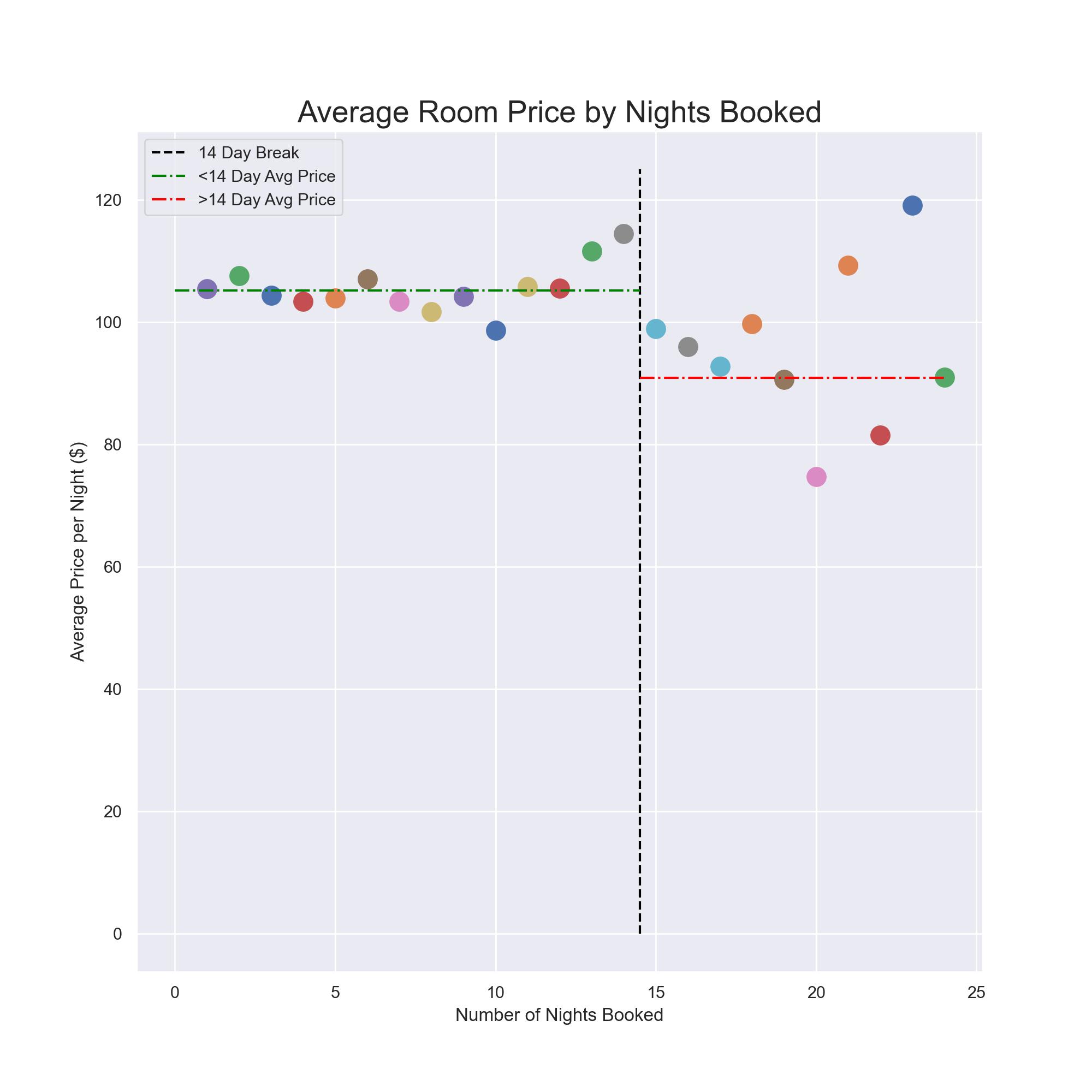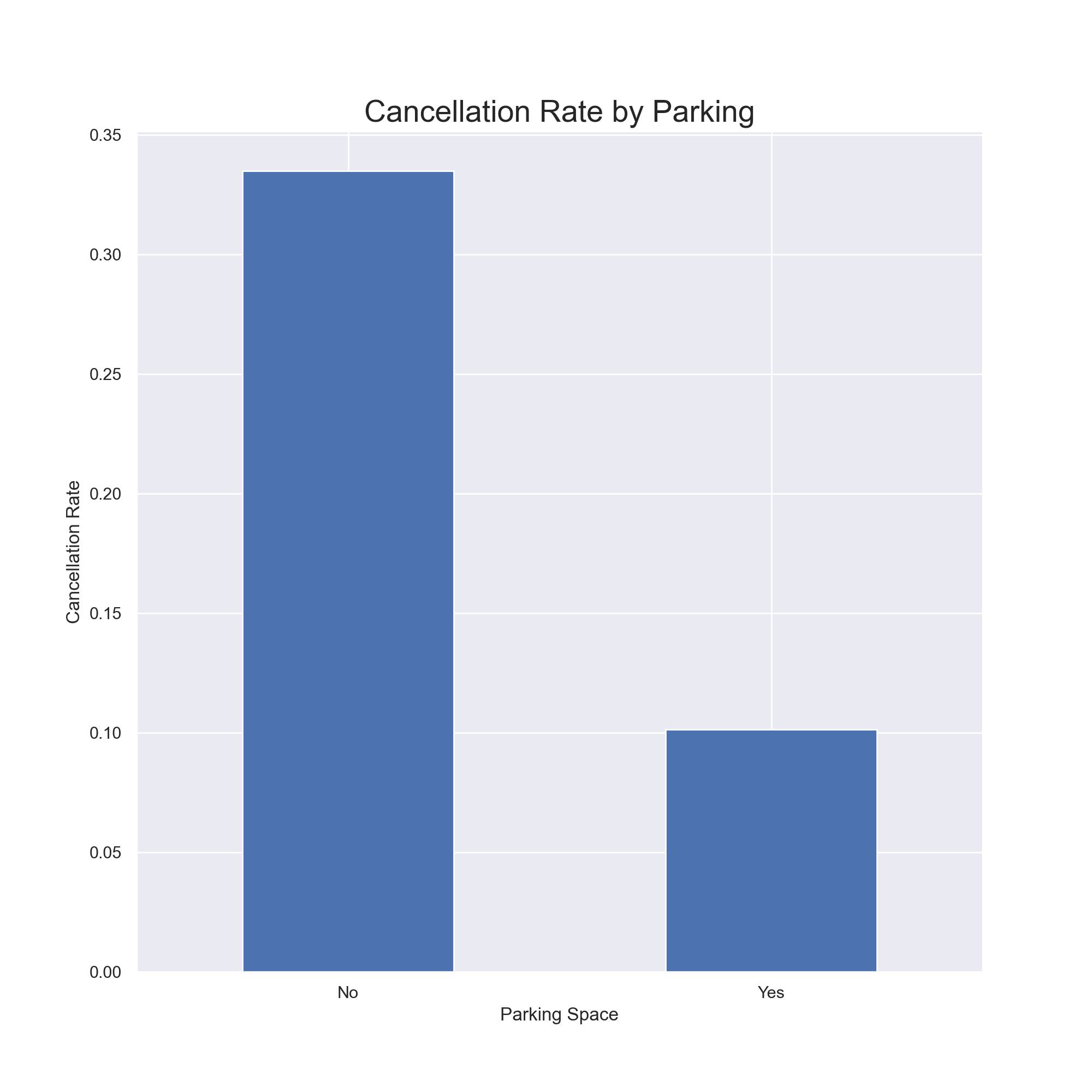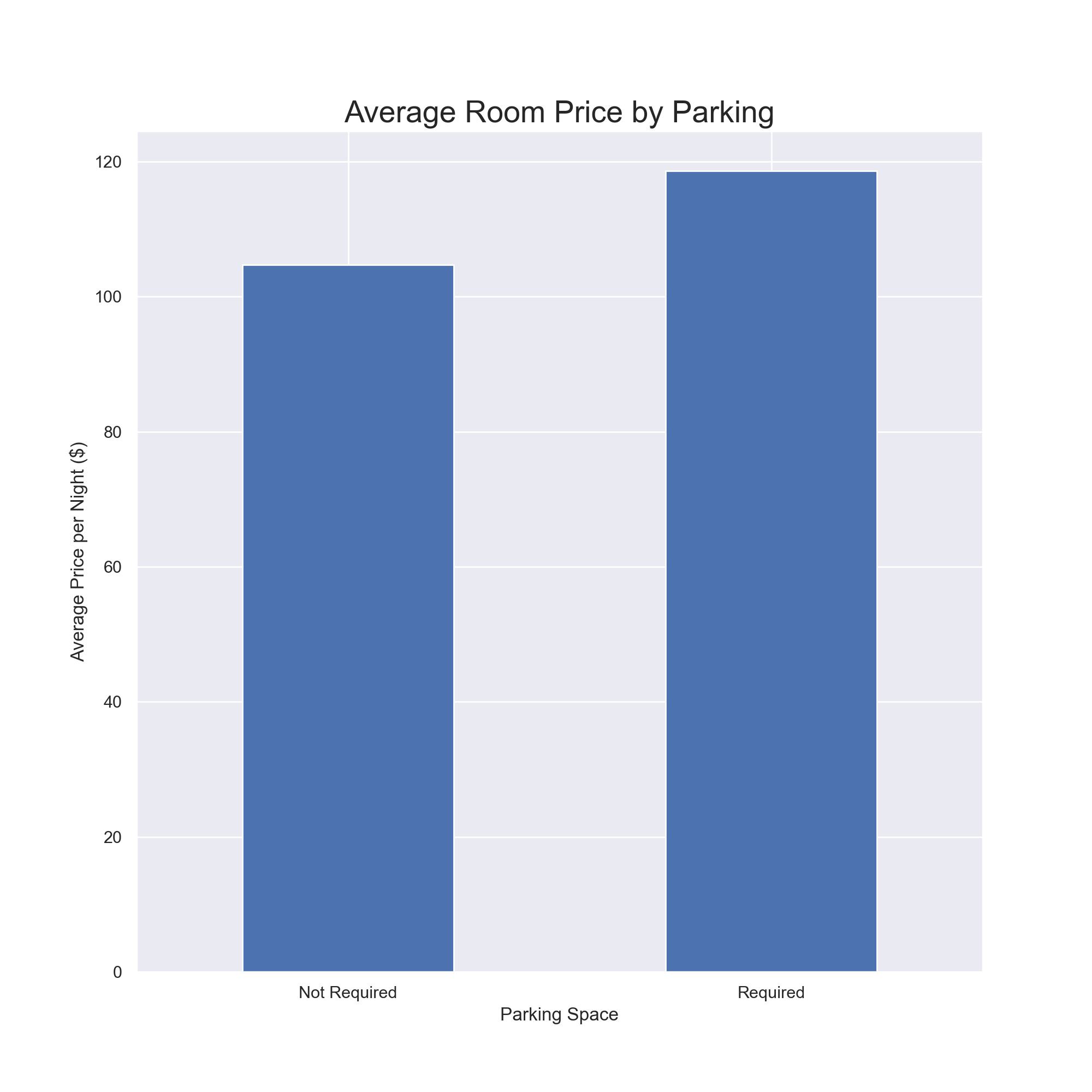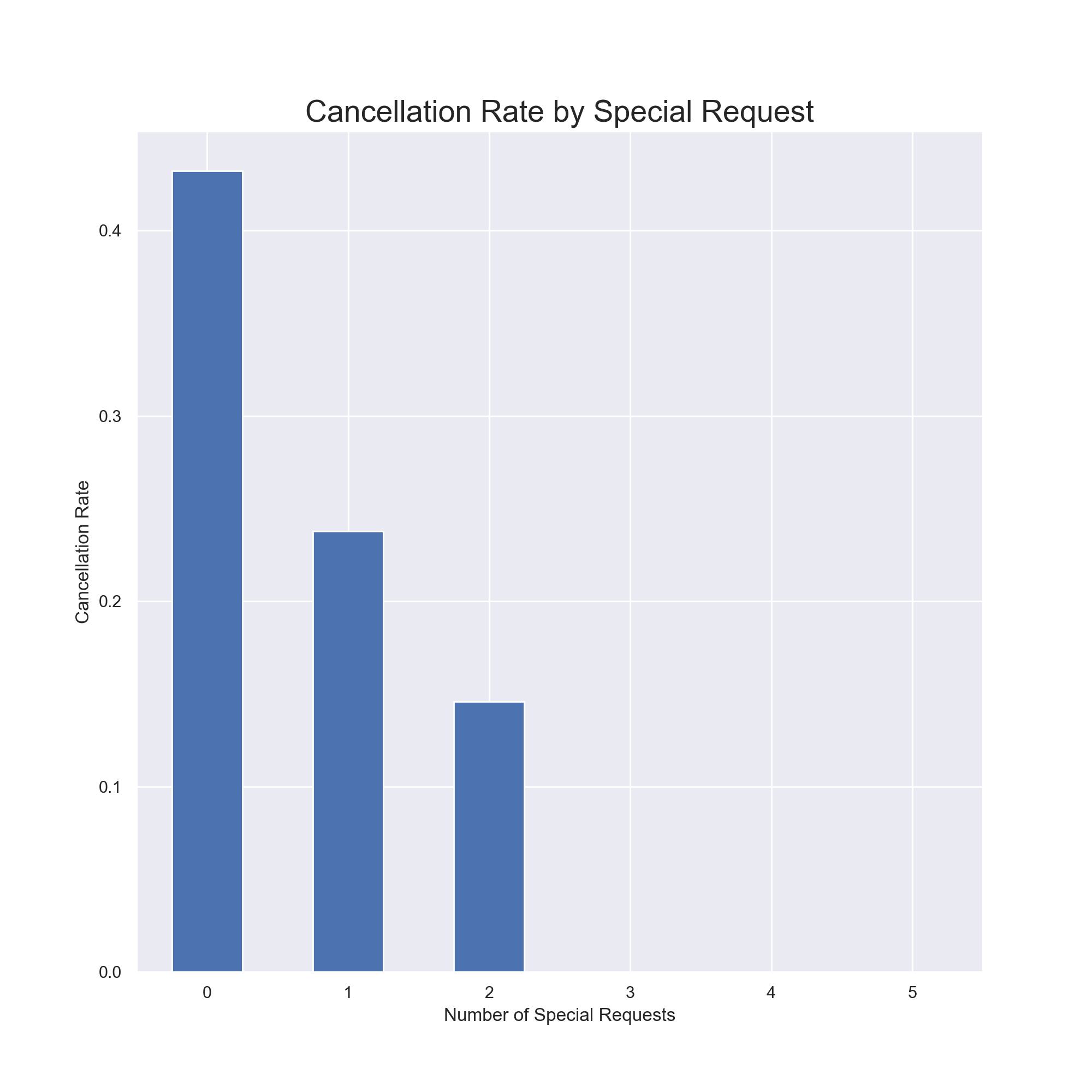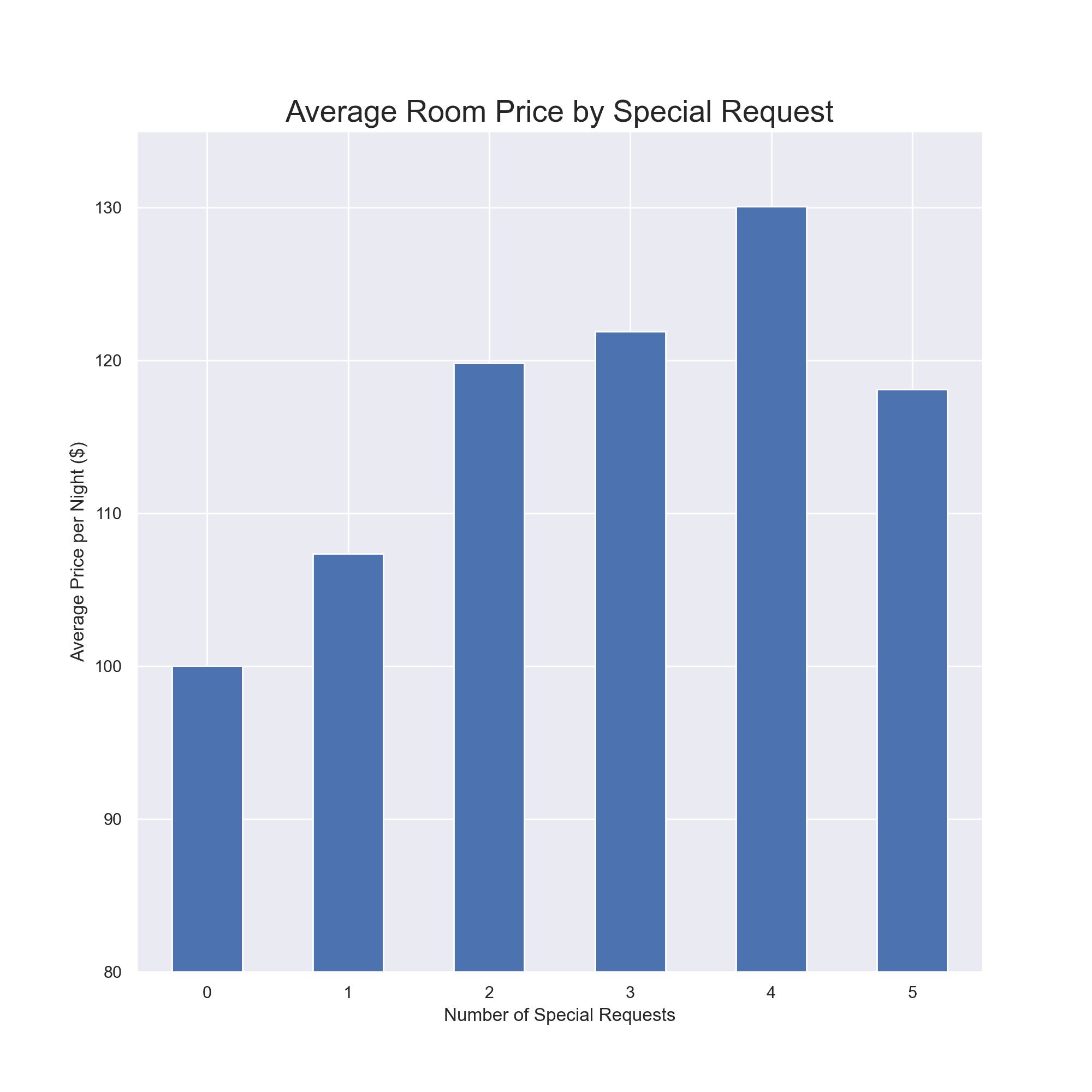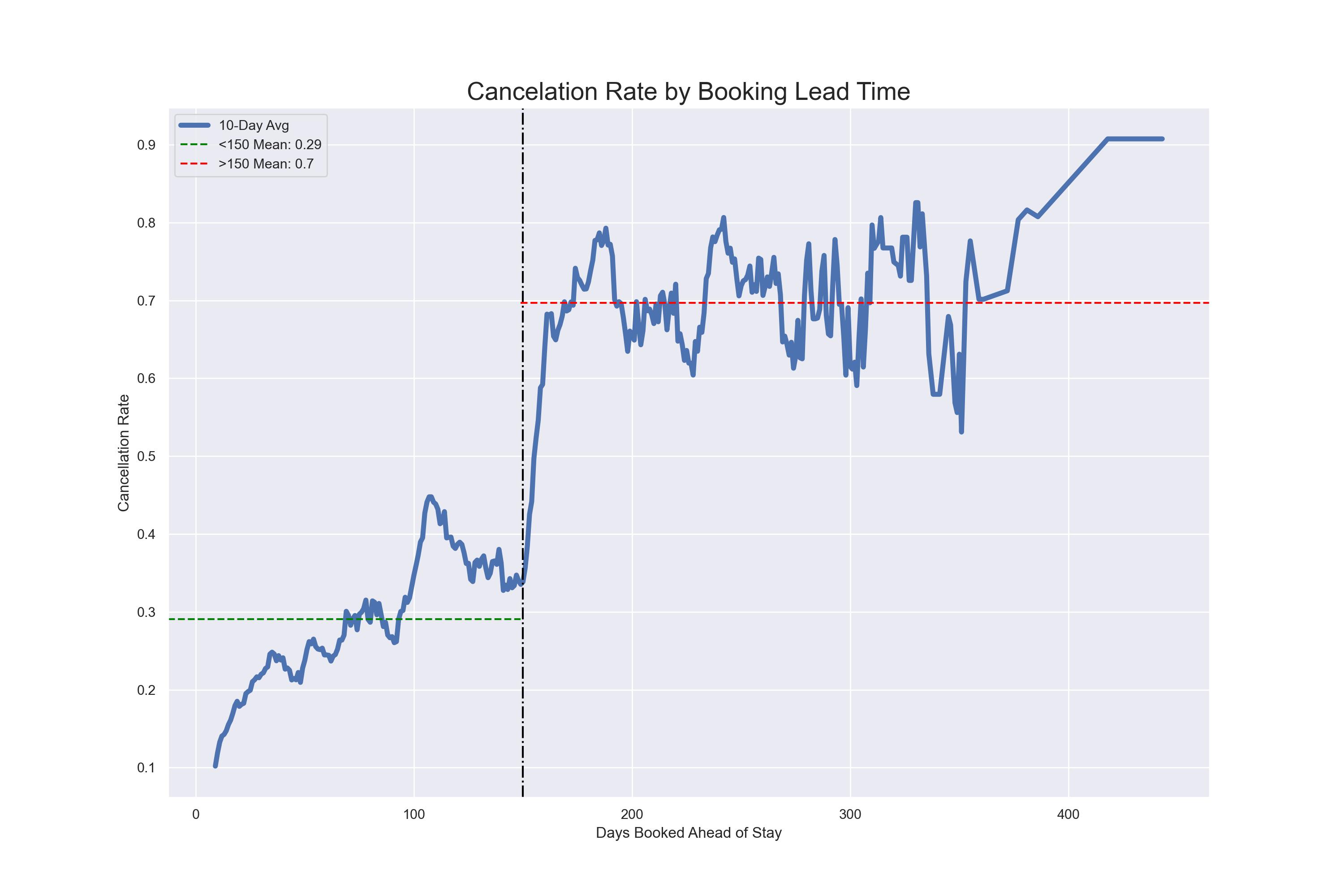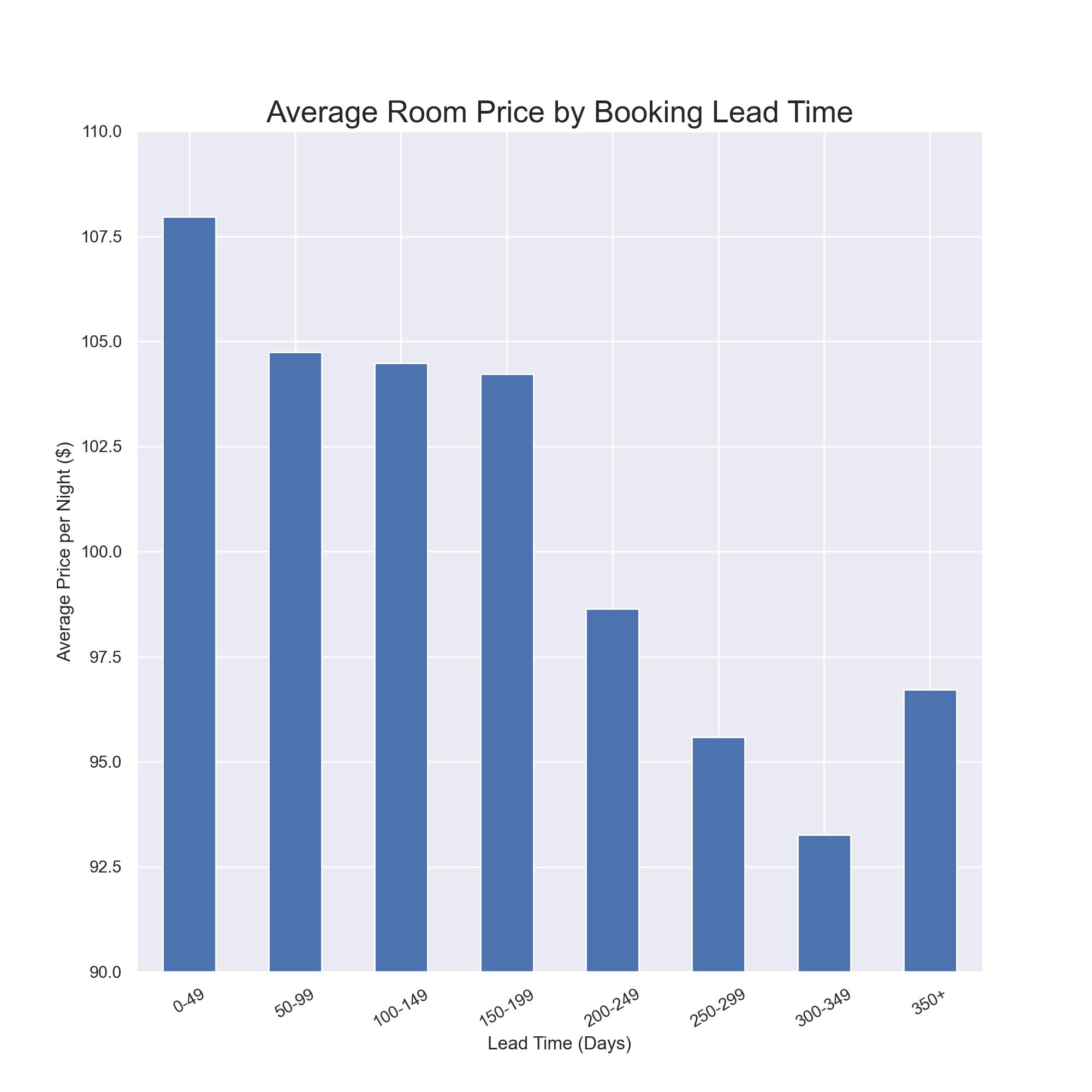Author: Matthew Duncan
Hotels are often plagued with last minutes cancellations as people's plans change, schedules conflict, or if a better price was found elsewhere. Research from Avvio.com shows that revenue lost due to hotel room cancellations increased 33% from 2019 to 2022.
The goal of this analysis is to use past information about a particular guest (i.e. have they cancelled in the past?), along with information about their stay and requests (i.e. room type, length of stay), to predict whether the guest is likely to cancel their reservation or not show up at all.
Being able to predict whether a guest is likely to cancel would be a huge benefit to the hotel. Having an idea of potential cancellations would allow management to better plan for staffing, food budgets, and other commodities that depend on guest levels.
Precision is important in this analysis as we want to minimize the number of false positives (when the model predicts that a guest will cancel but the guest does not actually cancel) to ensure a high level of customer service for guests. Incorrectly predicting that a guest will cancel when they do not could cause issues with potential overbooking, lack of supplies or staff, or delays in preparing the guests room.
When the cancellation rate for each year is plotted, we can see that the research from Avvio.com agrees with the results. Only about 15% of guests in the dataset cancelled their reservation in 2017 while about 37% cancelled in 2018.
Data Source: https://www.kaggle.com/datasets/ahsan81/hotel-reservations-classification-dataset?resource=download
The dataset contains 36,275 data entries with no null values in the dataset. There are a total of 19 columns including a unique identifier column Booking_ID and the target column booking_status.
Dates range from July 1, 2017 to December 31, 2018. There was a discrepency in the data that had a February 29 date for the year 2018. Since 2018 was not a leap year, the dates have been adjusted to read as the 28th.
The dataset features are primarily numerical with three categorical columns: type_of_meal_plan, room_type_reserved, market_segment_type.
Notable missing features:
- Hotel rating/stars
- Hotel Location
- Size of hotel/number of rooms the hotel has
The average hotel stay is for two adult guests with no children for a long weekend (1 week night and 2 weekend nights) booked about 3 months in advance. The average hotel room price is about $103.
In this repo, I have included the functions.py with custom functions needed to run this notebook. I have also the environment.yml to ensure that you have the correct environment to run the notebook.
There are 5 key areas that the exploratory data analysis show to affect cancellation rates and price of rooms:
Single adults and groups of 4 have the lowest cancellation rates while 2 or 3 adults per room have the highest amount of cancellations. Groups of 4 adults only cancel their reservation at a rate of about 19% while rooms with no adults or 2-3 adults all cancel more than 30% of the time.
Additionally, when looking at the average price of a room by the number of adults staying, we can see that the price of the room increases as the number of adults increases. The average price of a room for only one adult is about $95 while the average price of a room for four adults is about $200.
In order to reduce the likelihood of cancellation while simultaneously increasing revenue, it is suggested to promote bookings for groups of four adults.
There is a sharp jump in cancellation rates based on total stay after about 11 total nights booked. This makes sense when we think of a booking encompassing an initial Friday night stay and then checking out the Sunday of the following weekend. There's about a 37% cancellation rate for bookings with stays 11 days or less, while stays over 11 days have a cancellation rate of about 81%.
When we look at the total length of a stay in relation to price, we see a similar trend when compared to cancellation rates. The average price per room is pretty consistent despite the length of the stay until the number of nights booked is longer than about 2 weeks. After the two week mark, we start to see some increased volatility in price. The average daily room price for stays less than 2 weeks is $105 while the average daily price for stays longer than 2 weeks is only about $90.
In order to reduce the likelihood of cancellation while simultaneously increasing revenue, it is suggested to promote bookings for stays less than 11-14 days.
With only two options on this binary feature, we can clearly see that guests who require a parking space have a cancellation rate of only about 10% while guests who do not require a parking space cancel about 1/3rd of the time.
When we look at parking requirements in relation to price, we can see that guests who require parking have an average room price of $119 when compared to guests who do not require parking at an average price of $105. This makes sense as guests are likely to pay a premium if they have a car and need a place to stay.
In order to reduce the likelihood of cancellation while simultaneously increasing revenue, it is suggested to promote bookings for guests who require parking by either targeting guests who are traveling on a road trip or renting a car in a city that they've flown to.
When we look at the number of special requests that guests make in relation to cancellation rates, we can see a clear trend where the more requests made reduces the likelihood of cancellation. About 43% of guests without a special request end up canceling their reservation while only 24% of guests with one request and 15% of guests with 2 requests cancel their reservations. Guests with 3 or more special requests have a zero percent cancellation rate.
When we look at the number of special requests in relation to pricing, we can see another clear trend where guests who make more requests pay more for their room. Guests with no special requests pay an average rate of $100 per night while guests who make one or more request pay an average price of $119 per night.
In order to reduce the likelihood of cancellation while simultaneously increasing revenue, it is suggested to promote bookings for guests who make special requests.
When looking at how far out guests are booking their hotel stays, we can see a clear jump in cancellation rate when guests book more the 150 days out. The average cancellation rate for guests who book within 150 days of their stay is only 29% while guests who book more than 150 days in advance cancel at an average rate of 70%.
When looking at the booking lead time in relation to price, we see a similar trend when compared to cancellation rates. The average price per room for stays booked within 200 days of a stay is about $105 per night. Stays booked more than 200 days in advance have an average nightly price of about $96.
In order to reduce the likelihood of cancellation while simultaneously increasing revenue, it is suggested to promote bookings for stays less than 150-200 days out.
The final model performs well on both the test data and the set aside validation data. The model is able to predict whether a guest will cancel their stay with an 88% accuracy rate and with a precision of 84%.
Being able to predict whether a guest is likely to cancel would be a huge benefit to the hotel. Having an idea of potential cancellations would allow management to better plan for staffing, food budgets, and other commodities that depend on guest levels.
The final model agrees with the initial data analysis. Feature importance taken from the model lists the 5 most important features as:
lead_timeno_of_special_requestsavg_price_per_roomtotal_stay_pricearrival_month
It is the recommendation of this analysis that prioritizing booking lead time to a window less than 150-200 days out, and offering guests the opportunity to customize their stay with special requests will lead to higher revenues and less cancellations.
There are several areas for improvement that could further enhance the performance of the predictive model. These include:
-
Gathering more data on important missing features. If the model is to be put into production for multiple hotels, it would need to take several additional factors into consideration:
- Hotel rating/stars
- Hotel Location
- Size of hotel/number of rooms the hotel has
-
Additionally, the model would need additional input if there are any external oddities that need consideration:
- Large events that are driving travel
- Inclement weather
- Promotions or specials that the hotel is advertising
For the full analysis, please check out my Introduction Notebook and my Modeling Notebook.
For additional info, contact:
- Matthew Duncan: mduncan0923@gmail.com
├── Data
│ ├── Hotel Reservations.csv
├── Images
│ ├── Hotel_intro.jpg
│ ├── adult_cancel.jpg
│ ├── adult_price.jpg
│ ├── arrival_year.jpg
│ ├── closing_image.jpg
│ ├── lead_time_cancel.jpg
│ ├── lead_time_price.jpg
│ ├── parking_cancel.jpg
│ ├── parking_price.jpg
│ ├── request_cancel.jpg
│ ├── request_price.jpg
│ ├── stay_length_cancel.jpg
│ ├── stay_length_price.jpg
├── intro_environment.yml
├── modeling_environment.yml
├── Hotel_Cancellation_Introduction.ipynb
├── Hotel_Cancellation_Modeling.ipynb
├── functions.py
└── README.md
